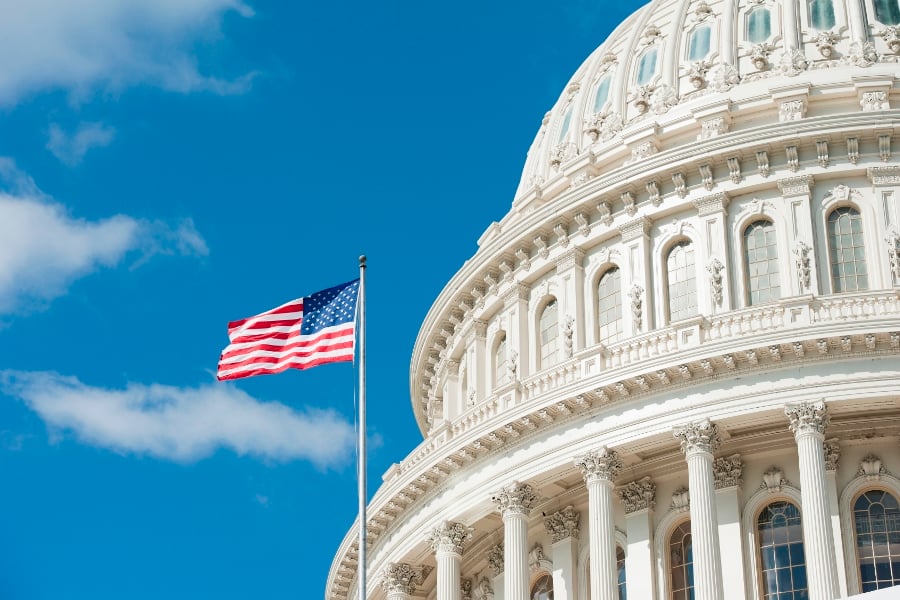The House Financial Services Committee approved legislation Thursday that would ease audit requirements for small broker-dealers.
But the measure heads to the House floor on a 36-16 vote with the panel's top-ranking Democrat, Rep. Maxine Waters, D-Calif., and several of her colleagues in opposition.
The
Small Business Audit Correction Act would exempt private brokers with fewer than 150 registered representatives who do not custody client funds and are in good standing with securities regulators from having to use an auditor registered with the Public Company Accounting Oversight Board — created by the Sarbanes-Oxley Act of 2002 — for their annual reviews.
Supporters of the bill include 803 small brokers who sent a
July 9 letter to the committee. They say that PCAOB audit standards are too costly and burdensome for small brokers. The legislation would allow them to resume using firms that follow generally accepted auditing standards created by the American Institute of Certified Public Accountants.
Ms. Waters is leery of that move. She said that the PCAOB recently found that 71% of audits of non-custody broker-dealers had deficiencies related to assessing and responding to risk of material misstatements due to fraud.
"These results make clear that our regulators should have more oversight over the practices of these firms, not less," she said.
A broker who has
spearheaded the legislation said that the audit outcomes reflect the fact that small brokers are being held to the same standard used for a giant public firm such as J.P. Morgan Chase.
"Are you going to get deficiencies because you're trying to put a square peg in a round hole," asked Paige Pierce, senior vice president at Larimer Capital Corp. "You are and you always will."
Ms. Waters also asserted that the bill was unnecessary because the PCAOB has the authority to make exemptions for certain brokers.
The bill's author, Rep. French Hill, R-Ark., countered that Congress must step in because the agency hasn't acted.
"The PCAOB has not tailored the rule," said
Mr. Hill, a former broker. "That's the whole point."
The Dodd-Frank financial reform law of 2010 expanded the PCAOB's inspection authority to include broker-dealer audits. Proponents of the bill say that the requirement has increased average audit costs from about $9,000 to about $17,000 annually.
"This is an unintended consequence of Dodd-Frank to impose this on the smallest non-custodial brokers," said the committee chairman, Rep. Jeb Hensarling, R-Texas. "The regulation is absorbed by the big firms and yet crushes the small firms."
A House vote on the bill hasn't been scheduled. Although it's likely to be approved by the Republican-majority chamber, backers want to increase support across the aisle to build momentum.
"Main Street is blue and red," Ms. Pierce said. "We're not giving up on a bipartisan vote in the full House."
Companion legislation has been
introduced in the Senate by Sen. Tom Cotton, R-Ark.
Her advocacy for the bill helped propel Ms. Pierce to victory in a
recent election for a small-firm seat on the board of the Financial Industry Regulatory Authority Inc. She is getting many of her fellow brokers involved in public policy for the first time.
"I have thousands of people who have never before reached out to their legislators writing, calling and meeting with them," Ms. Pierce said.







